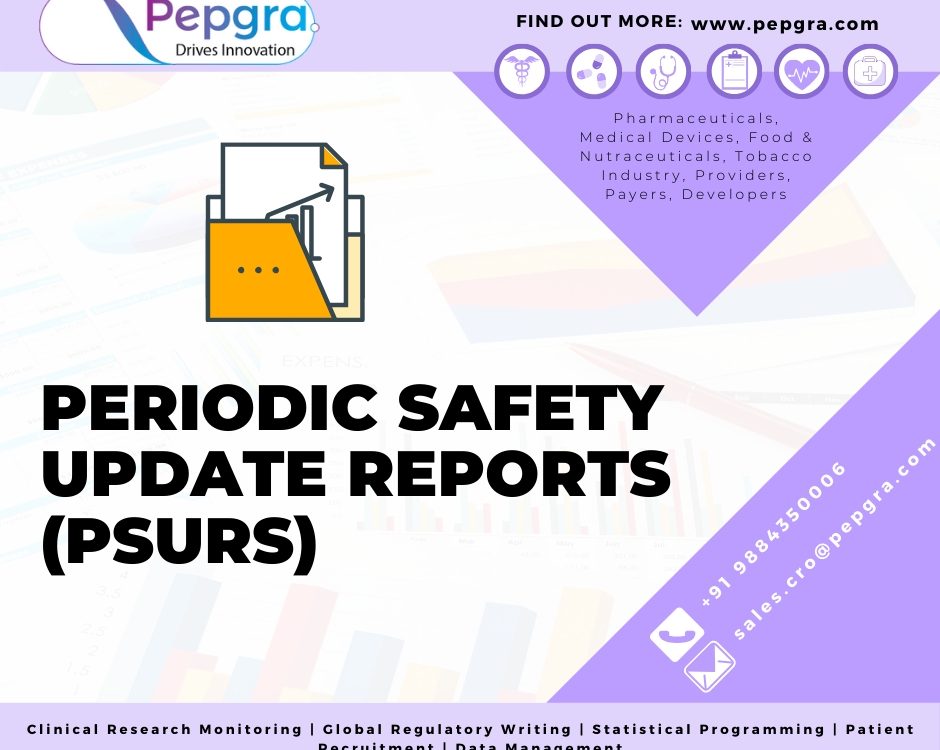Are you looking to collect evidence
for your medical writing projects? If the answer is YES, then you should always
bank upon the most recent and trustworthy sources.
A medical literature search engine is a centralized browser-based platform which will come up with literature related to any of the medical subjects you choose. This is perhaps not a good idea to seek help of every medical resources discussed in this blog, yet using a few of the medical literature search engines will definitely serve the purpose of your constant source of authentic evidence.
How To Find A Medical Journal Search Engine
Search engines are programmed to be connected with the archives of published literature that are stored inside online subject-specific academic databases like the medical literature database
These huge databases of medical
articles are indexed with millions of journals from all over the world. A single
database cannot provide all the medical literature.
Here is a small list of databases that
are used by some of the most popular medical search engines:
- EMBASE:owned by Elsevier with more than 29 million records
- MEDLINE: Over 22 million biomedical published papers can be found in this library
- PsycINFO: more than 3.5 million collections available
Cochrane Database of Systematic Reviews (CDSR)
Below Is A List Of A Few Dedicated Search Engines For Your Medical Writing
1. PubMed
PubMed is perhaps the first web-based
free search engine that can strike in the minds of the medical authors. It is a
free online collection of medical journal papers collected by the National
Library of Medicine(NLM) of the United States National Institutes of Health.
This includes more than 25 million
documents and scans a large number of databases including the so called MEDLINE
and other NLM journals like MedlinePlus.
You can filter your search with ease for each and every topic in PubMed by typing search terms to the MeSH (Medical subject text heading).This is a filtering mechanism for finding specific journal papers. It also provides PMC citation and NCBI Bookshelf.
2. Ovid
There are other search engines that seek out MEDLINE like Ovid, ProQuest ,and Ebscohost. But for this, you have to manage the login access from your university.
Ovid is a search engine that is analogous to PubMed. But It has a clear edge over PubMed as Ovid can search for more number of databases including MEDLINE, EMBASE and the Cochrane Database of Systematic Reviews (CDSR). This depicts the fact that with Ovid, you can conduct a wider spectrum of search which will naturally provide more results and therefore more evidence for your health writing.
3. Web of Science
Web of Science holds
a huge database of Thomson Reuters’s 8,700 international scientific journals. A
large number of international publications are included from Asia in this
archive but need a subscription to access the papers.
Web of Science is a valuable database
for searching scholarly journals on the upcoming trends especially if you are
writing on guidelines or protocols. It encompasses more than 250 fields in
science, arts, humanities, and social science.
Web of Science Core Collection is very consistent with its content selection and ensures high-quality journals. It provides indexes that cover the content thoroughly with a complete view including citation.
4. Science Direct
Have you heard about ScienceDirect?
You probably have. It is a full-text scientific respiratory, proved to be of
immense help to the millions of medical writers with detailed knowledge not
limiting only to the abstract.
This search engine will allow you to
find articles owned by academic publisher Elsevier in over 3,800 science,
technology and medicine papers.
SpringerLink is another portal similar to Science Direct. This search engine has access to more than 5 million articles in journals operated by publisher Springer.
5. Scopus
An American researcher wrote a review in 2006 indicating that if you use Web of Science frequently to search for papers, Scopus can be a great complement as neither of these two search engines look for articles that are all published
Scopus is a hefty database of more than 60 million peer-reviewed literature and is also owned by Elsevier. Scopus ties up with EMBASE and MEDLINE databases to search collections for journal articles. More than 4200 full-text journals that the search engine is connected with, will give you access to full-text articles but some of these may need login via subscription.
6. Cochrane Library
You can check the Cochrane Library if you’re searching for systematic
reviews or meta-analyses. This will not only give you the results from the
Cochrane Database of Systematic Reviews (CDSR), but also the control trials in
MEDLINE and EMBASE, Cochrane protocols and editorials.
Cochrane library can be accessed only through subscription. However, many open-access editorials may also be retrieved, based on the timing of publishing of those articles.
7. Google Scholar
Google Scholar is a
free engine indexing medical
journal articles from a diversified set of databases. If you are a regular user
of Google search engine then you must be familiar with Google Scholar and you
can navigate and filter the results without a problem to suit your quest.
If Google search engine initially fails you with the kind of articles you are looking for, then you should try Google Scholar as it won’t disappoint you.
Open-access search engines
If your institute does not permit
you to access full-text journals then it should not be a worrying factor for
you as there are several health related article search engines that will provide open-access to free journal articles:
Summary
So
if you are going to write a medical
research paper or article you will get all the required information from
the above-mentioned search engines and databases.




